You made it! Well done on getting accepted to medical school. Before you jump into your dorm and put that nose in the books, let’s make sure you feel ready to make the most of the year ahead – and head to class with all the advice and support you need to smash your goals. We asked final year students and doctors to share their experiences on what they wish they had known when they were students.
Some of these tips involve attending classes, meeting people and travelling or exploring your campus. In light of COVID-19 restrictions, you may not currently be able to do all of these activities – or you may have to social distance. Until things are back to normal, sign up for virtual events for med students, explore online journals and get to know what study resources are out there online.
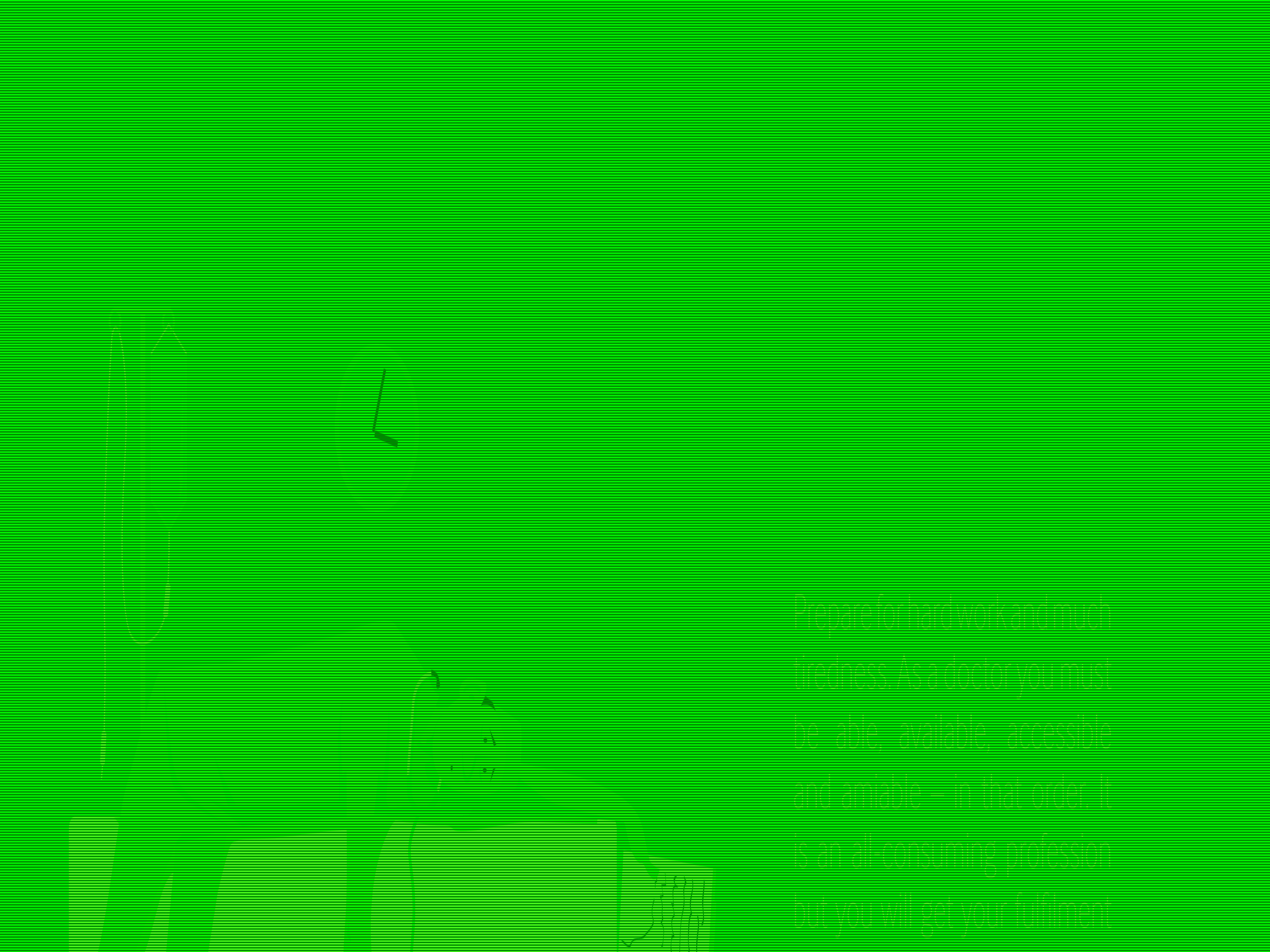
Take care of yourself: No matter what, your mental and physical health must come first — before your studies and your career planning. You will face enormous pressure to succeed in your first year but taking some time for yourself will be vital to your success. Remember that your first year is your chance to learn and find your place as a member of the medical community – and you can’t do that properly if you’re stressed out, ill or overly tired! Whenever you can, take a break, breathe and take it all in.
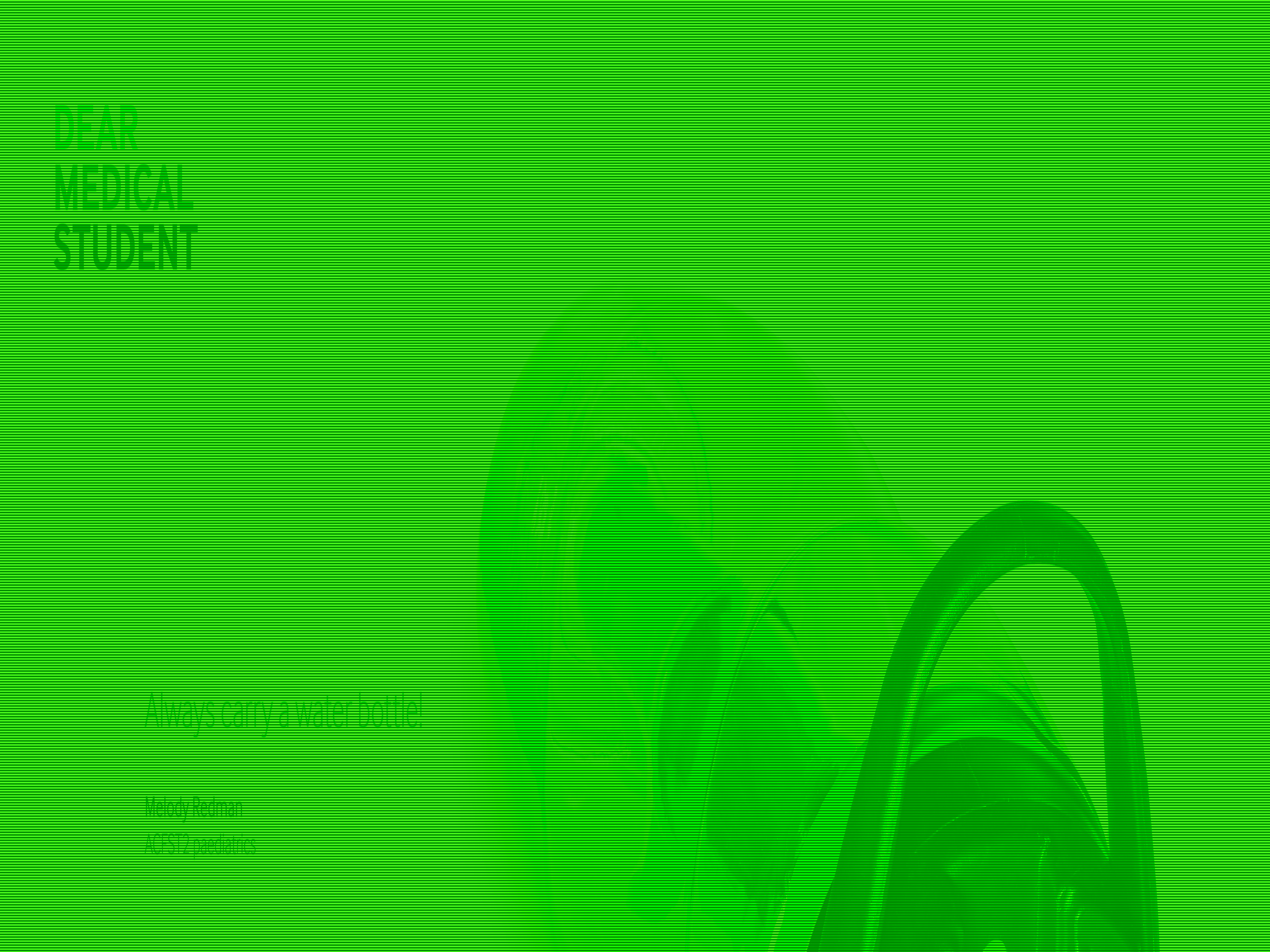
Develop healthy habits now: Your first year is just the beginning, your introduction to a lifelong process of learning, growing and adapting to being a doctor. The habits you have now will stay with you and may even decide your career course. If you’re prone to procrastinating and cramming for exams, you know how stressful it can be, and you probably don’t want those habits to follow you when you work with patients in the future. Use this year to work on yourself and develop the habits that will effortlessly guide you to success, such as eating and sleeping well, planning ahead for deadlines and staying organised.
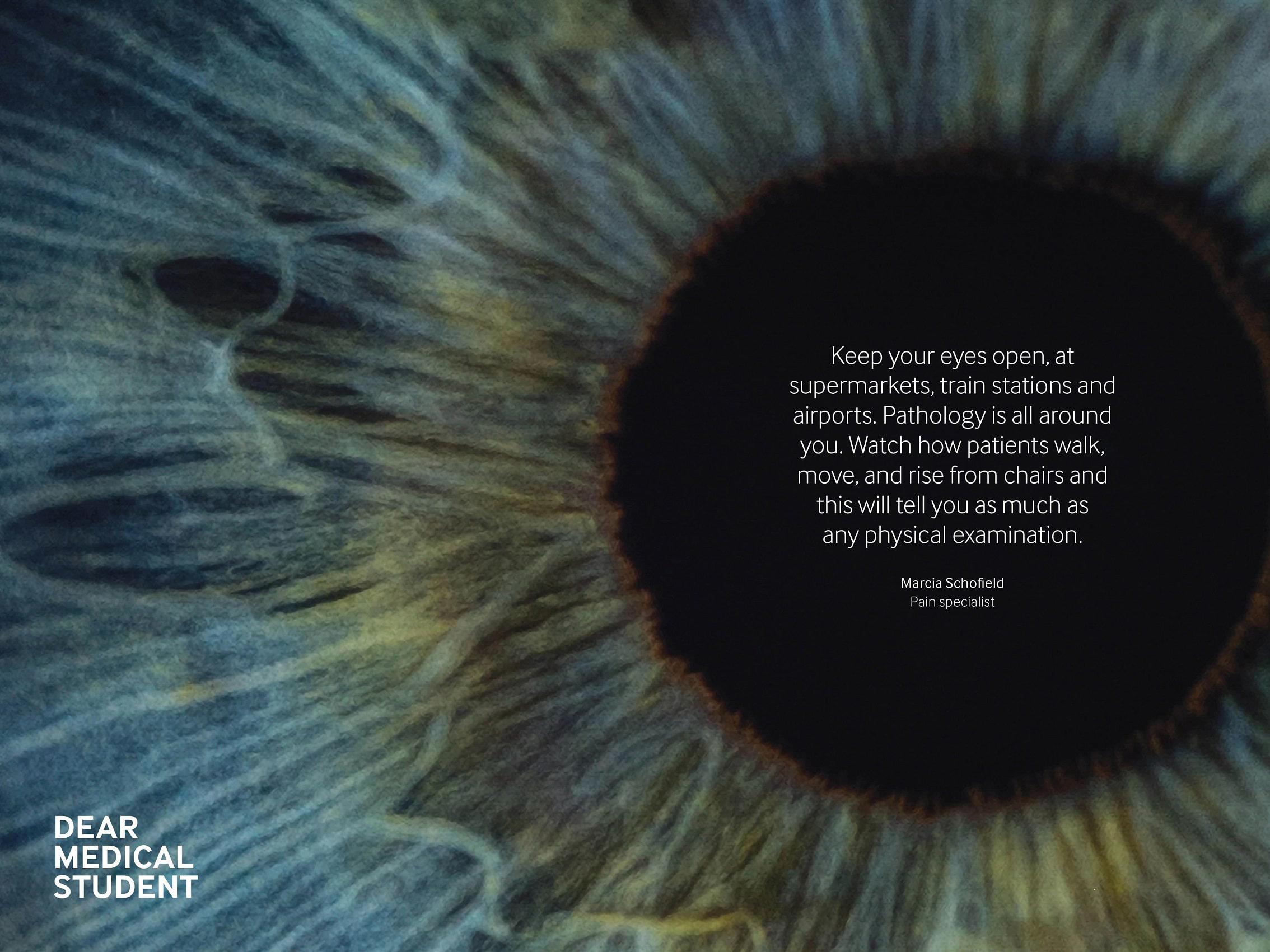
Embrace the learning experience: Make a space for yourself that is all your own to study well. Make it comfy, quiet and private. A plush chair in the library, or a corner desk in a study room or some pillows thrown on your bed. Make studying time ‘me time’, and an enjoyable experience. In this way, you’ll learn how to study well and in turn, how to freely open your mind to learning, shaking off any fears or self-doubt. Then, the learning won’t come to an end, even when you’re out and about! You may start to catch yourself seeing the world as a doctor – with an open mind and open eyes to what makes things tick.
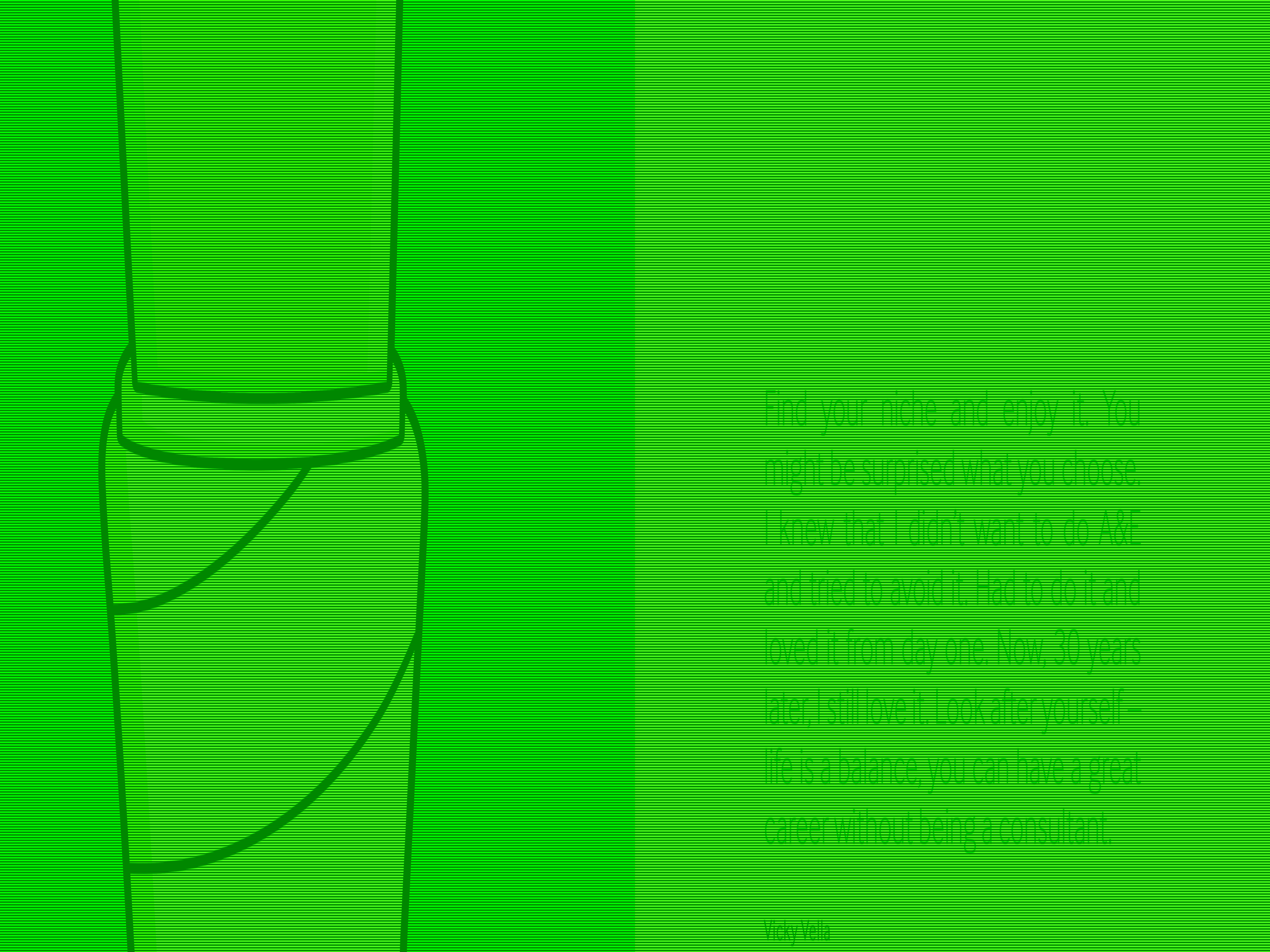
Expand your interests: Just because you’re studying to be a doctor, doesn’t mean you have to keep your nose in your medical books all year long. Spend some time exploring your other interests – or topics you’ve never even heard of! Sign up for courses outside of your degree, join a club and actively try to meet people outside of your friends’ group. By expanding your interests, you may realise you have a talent, skill or passion you weren’t aware of before – and one that may propel you in a new, exciting direction in your medical career!
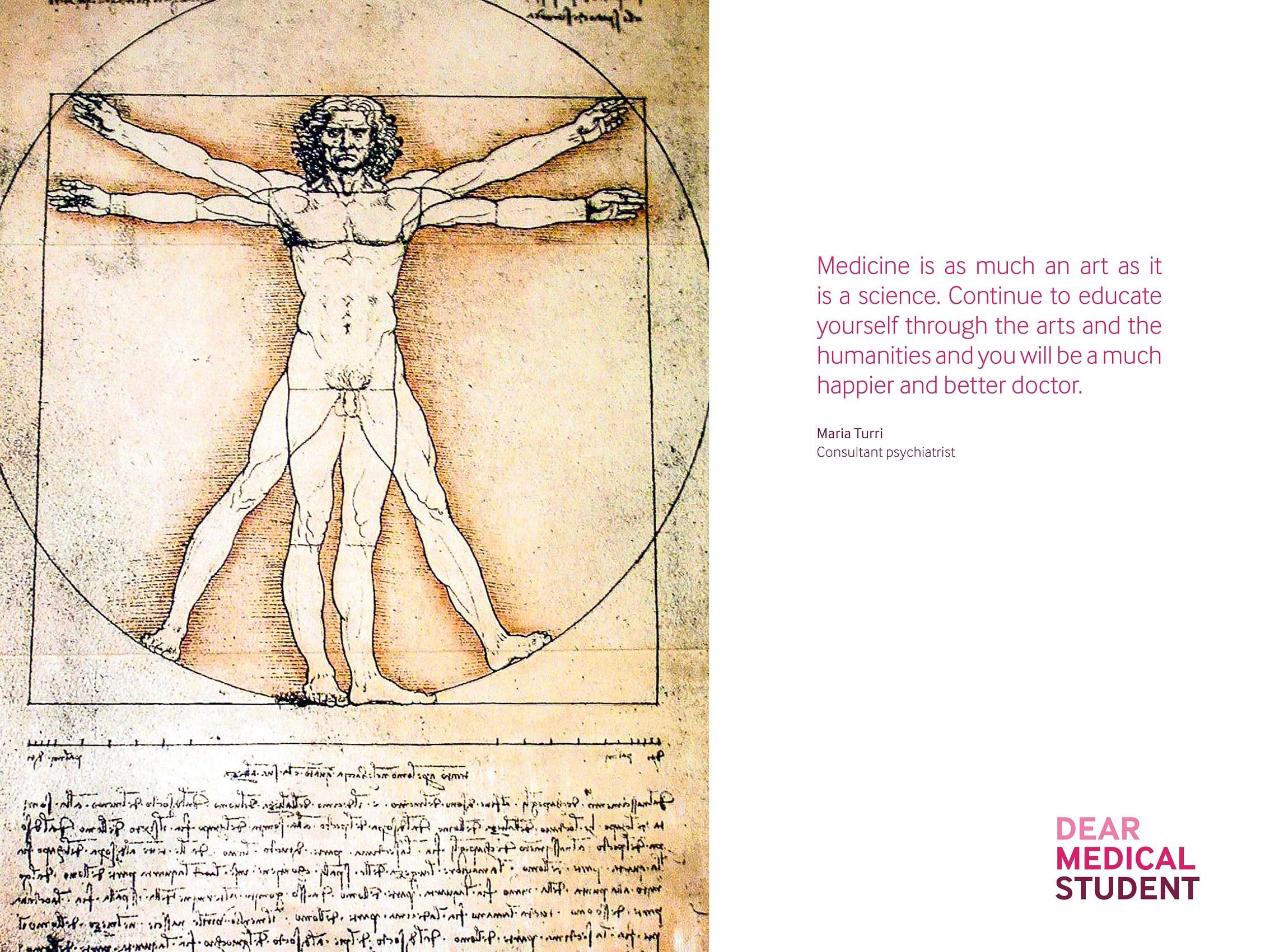
Explore the arts and humanities: As a doctor, you will have to treat patients who are completely different from you and connect with them on a very personal level. To do this well, take some time in your first year to study what makes us humans, human – and we don’t mean opening up a textbook. This is your time to get a bit of culture and gain an appreciation for the arts. Visit a museum on a lazy Sunday afternoon. Take a course in fine art, writing, music or history. Remember that science and humanities, medicine and culture, have always been tied together, and one can only evolve with the support of the other.

Discover your passion through travelling: As you explore and expand your interests outside of medicine, you’ll gain a better understanding of different cultures and beliefs and new skills in talking with people. But if you can, take that a step further and learn how to adapt to a culture completely different from your own. Whether you take a summer off to backpack through Europe or apply for an elective in another country, you’ll interact with new people and learn to adjust to different customs and varying levels of resources – an important skill for a doctor. But more importantly, it’s that wonderful feeling of a culture clash that will help you identify your strengths and weaknesses, and the time away from the books will help you zero in on where your true interests lie as you plan your career.
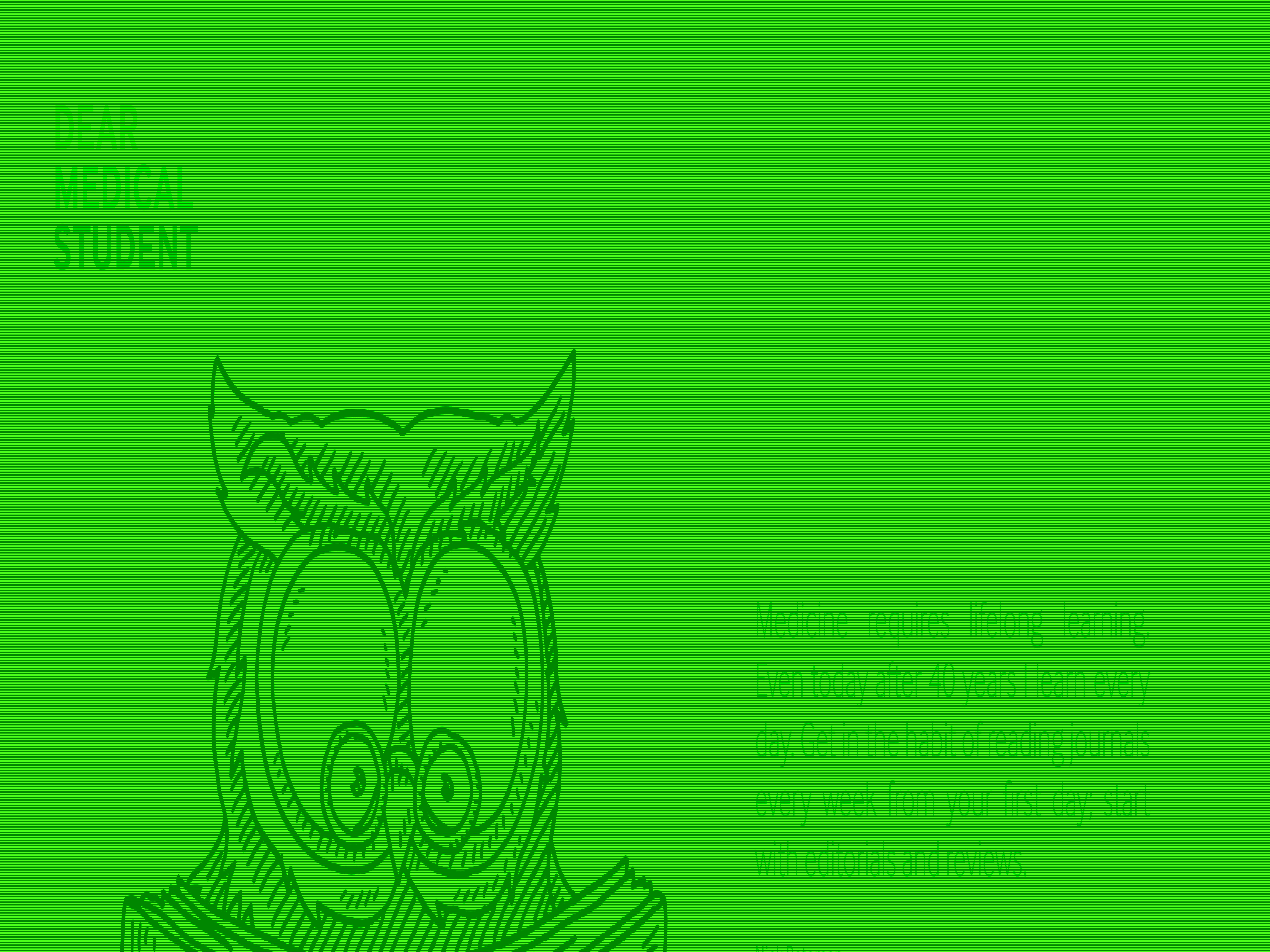
Get acquainted with medical journals: As you explore and grow throughout the upcoming year and start to figure out where your passion lies in medicine, you’ll want to learn as much as you can. A great way to learn about specialties and advances in different pathways is by reading medical journals. It will also help you stay up to date on news in medicine and gain an understanding of who’s who in the medical world. You’ll have to get used to finding journals on different subjects and that alone will help build your skills in research. Get a head-start by checking out the thousands of journals in the BMA Library and archive.
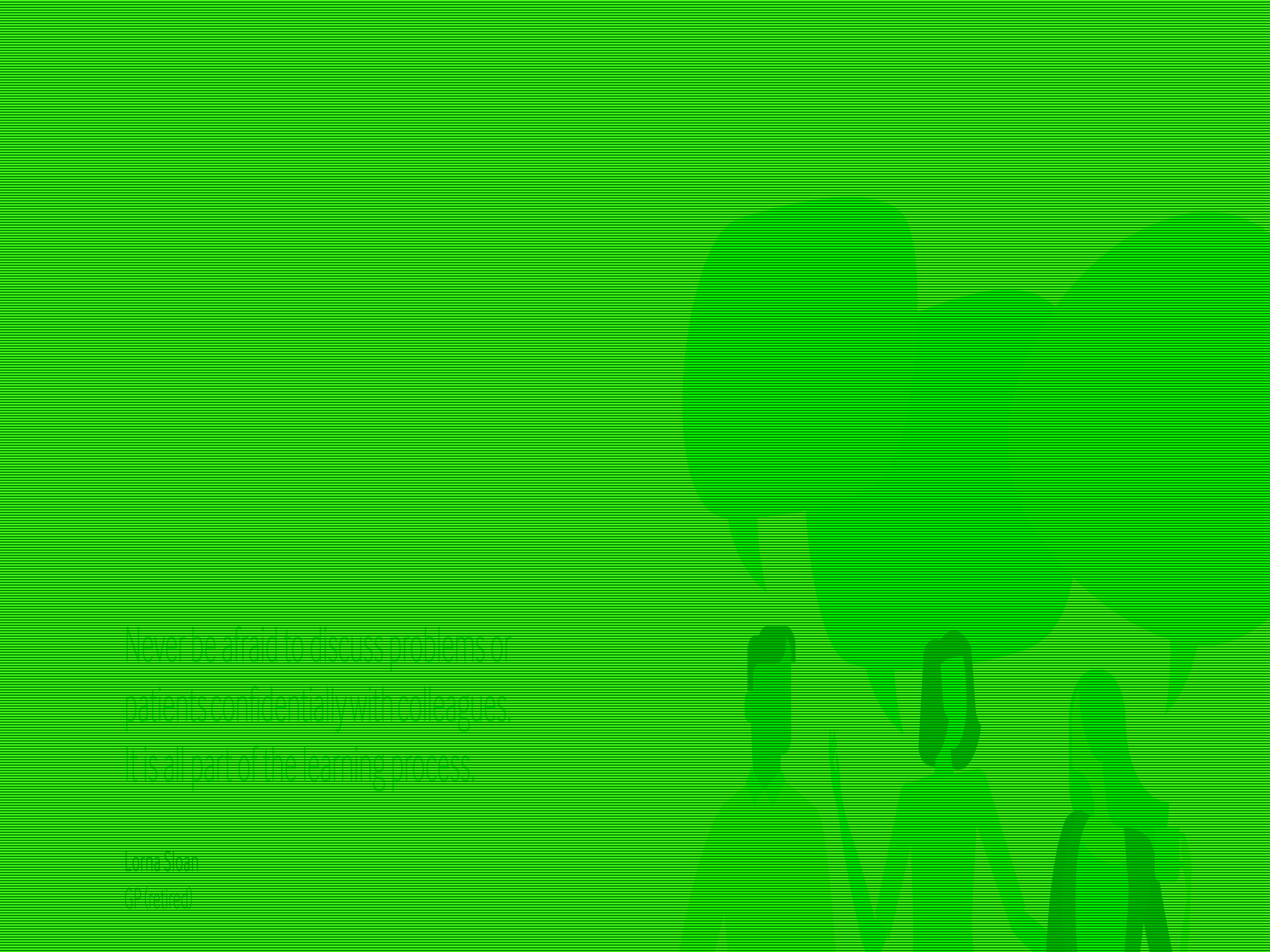
Don’t be afraid to ask questions: You’re about to head into one of the most demanding careers out there – questions and challenges are sure to pop up throughout your journey to becoming a doctor. Don’t let your fears of sounding silly or unprepared stop you from getting the answers you need to survive and thrive. Reach out to peers when you can. Odds are, they will have questions too, and you can learn a lot by working them out together. There are also plenty of helpful forums and guides online, such as from the BMA, should you find yourself faced with a challenge all alone.
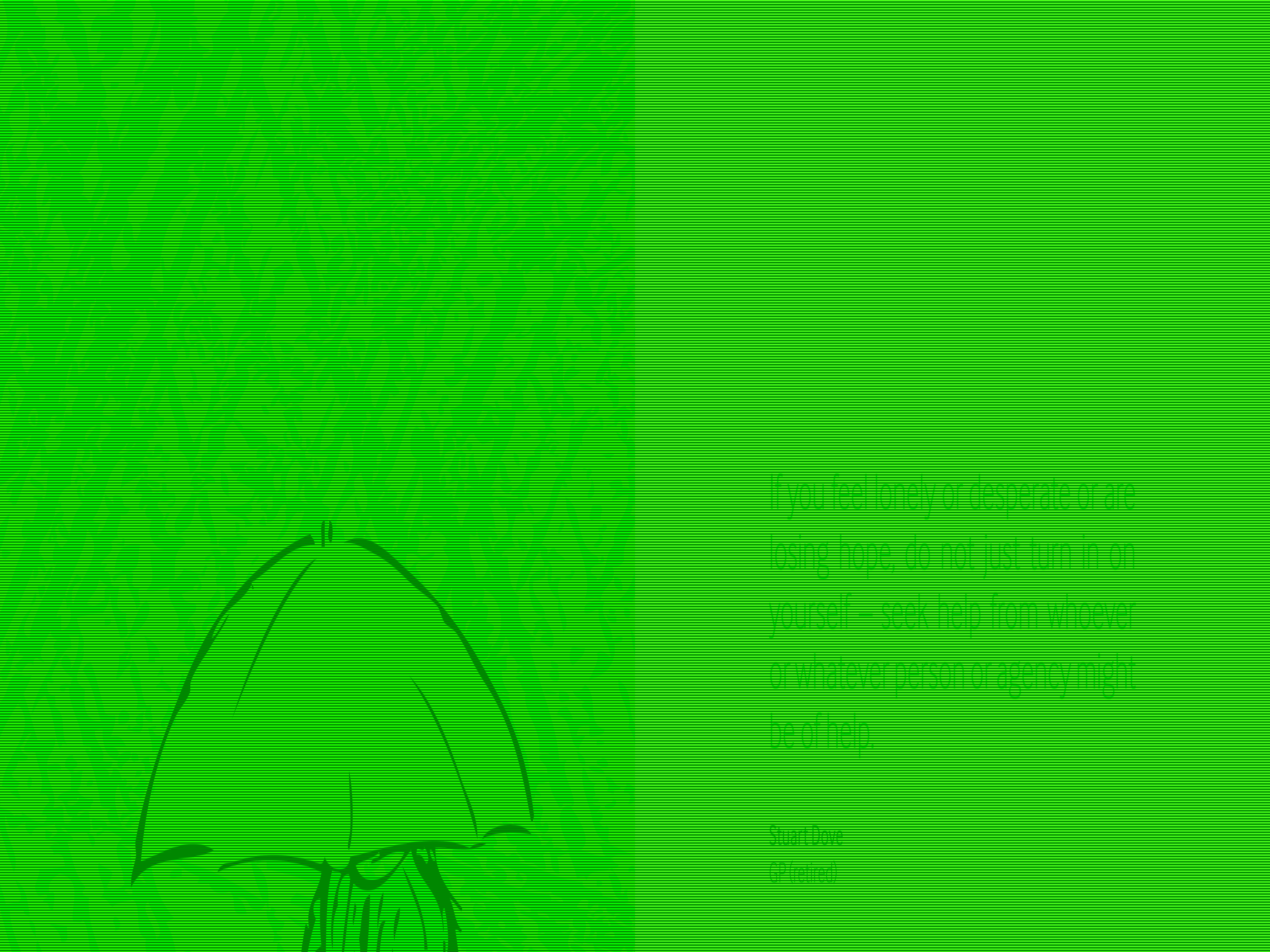
Start growing your support network. Jumping off that last point, your first year is a great time to start building your network of support in the medical community. All doctors need advice and support at some point, and you’ll want to have a solid team of professionals to turn to when you need it. Attend events – virtual or on campus – to meet and connect with other med students, doctors and thought leaders. These are the people you’ll go to discuss problems and new challenges in the profession, and they’ll be central to your success and happiness as a doctor.
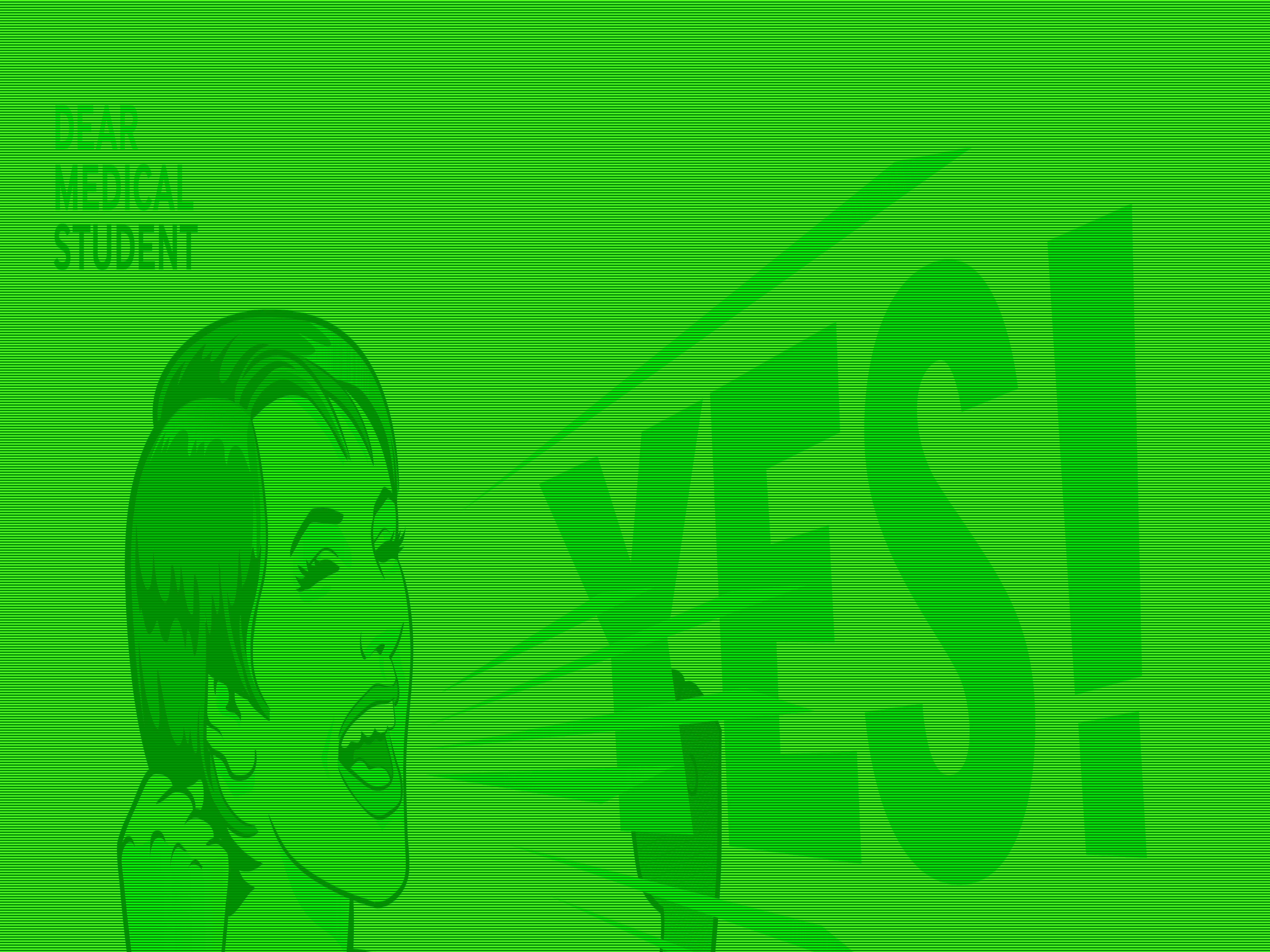
Enjoy it! You’re about to begin a wonderfully thrilling and life-changing adventure. Take it in and make every minute count! Remember that your years at med school are priceless and you’ll never get them back. You have a whole lifetime to worry about your career plan. Don’t let stress, exams or cynicism bring you down— dream big, try new things and enjoy exploring.

